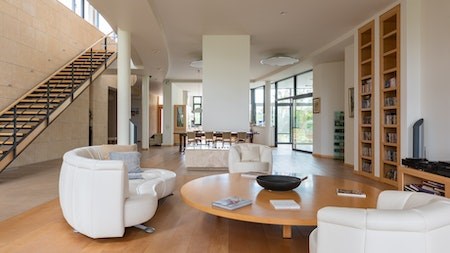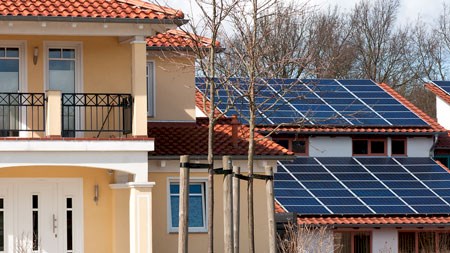It’s been some years since households started to switch to the more energy efficient LED (light emitting diode) light bulbs, but still some continue to use the ‘old-fashioned’ types, like incandescent and fluorescent that use significantly more energy. And it’s been relatively easy for them to do so because they have remained on the retail market.
From the end of this month (May 2024), however, and as a result of The Department of Trade and Industry and Competition (DTIC) gazetting of new compulsory standards for lighting, it will be illegal for stores to sell light bulbs other than those that are energy-efficient. This move responds to the need for South African households to reduce energy consumption, given that the incandescent bulbs can be up to 10x more power-hungry, and fluorescents twice more consumptive than LEDs.
Two phases
There are two phases to the new lightbulb restrictions. The first phase, from 24 May, means that stores will not be able to sell any bulb that has an efficiency rating of less than 90 lumens per watt. (Lumens per watt refers to the energy efficiency of lighting, which is how much visible light is provided for a given amount of electricity).
In comparison, LEDs, which are the favoured choice, use some 85% less electricity, and emit little heat in opposition to incandescents that release 90% of their energy as heat, and fluorescents 80% as heat. This reduces the amount of fuel being burnt to generate power to the national grid.
Encouraging the sale of LEDs is National Treasury, with Finance Minister Enoch Godongwana announcing during the Budget Speech this year, that tax hikes will be applied to incandescent lamps.
The second phase ramps up the lumens per watt requirement to 105, after three years have passed.
Win for all
The regulations are a win all round. Not only does this contribute to the government’s energy savings plan, but also households who will immediately experience some cost-savings in terms of their energy bill. LEDs, for example, can last up to 3-5 times longer than an incandescent, which makes them cost-effective for a household. LEDs also have a better quality of light distribution by emitting light in all directions as opposed to other lights that waste light on areas (like the ceiling) that don’t need illumination.
Some authorities suggest that LED’s attract less insects because they do not emit ultraviolet light, which is especially beneficial in warm and humid environments.
Shopping will also be easier for buyers, whose choices will be limited to the energy efficient range, and, given the longer use factor, means fewer lightbulbs will be produced which impacts on the need for packaging materials and transportation.
Environmental benefits
There are also environmental benefits. LED lights are free of toxic chemicals that are dangerous to the environment. In comparison fluorescent strips contain mercury, which requires special disposal so they don’t end up in landfills.
Switching to LED’s is one of the most effective ways that ordinary citizens can play a role in taking care of the environment, and play their part in helping South Africa meet its environmental and climate change goals.






